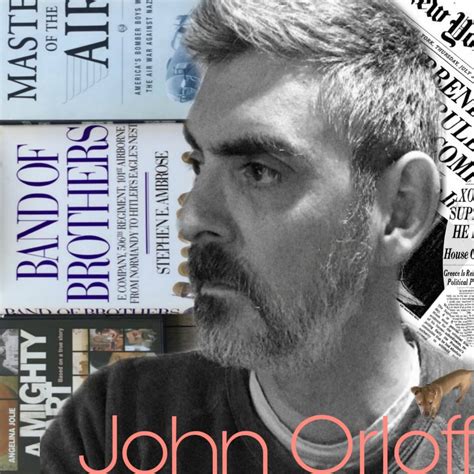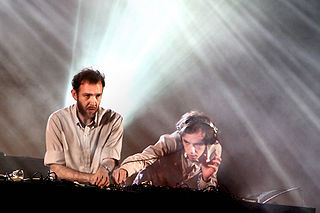A Quote by John Darnielle
For me, fiction isn't very cathartic. It can be a broad, long catharsis, but it's a whole different thing - whereas music is physical. Essentially, it goes in through your ear. Fiction is cerebral, necessarily. It can do emotional stuff. But they don't really compare - not for me.
Related Quotes
In some ways I spend longer at non-fiction because there are a lot of different threads to bring together. But non-fiction is more reflective than immersive. The problem with fiction sometimes is that you have to leave the real world to enter the fictional one. And that takes so much, goes into your head for so long?.?.?.?I don't know, I just feel less inclined toward that these days, and more inclined to remain in my own life. I do like really good fiction, but it's getting harder to hold my attention in a novel.
The movement for women's liberation was about an emotional transformation, an explosion, a feeling all over the country that things must be different, and ideas about how they should be. I think fiction can capture that kind of thing better than other genres because in fiction you can explore the feelings of your characters - the before and the after.
You'll go into a fancy hotel and you'll hear this track where someone has sampled 30 seconds of a really good song. Your ear picks it up and you get excited but then it goes into some monotone thing. The Buddha Bar stuff annoys me. I don't need to be on a beach and hear this stuff through little speakers, but people think it creates a "cool vibe".
Fiction is one of the few experiences where loneliness can be both confronted and relieved. Drugs, movies where stuff blows up, loud parties - all these chase away loneliness by making me forget my name's Dave and I live in a one-by-one box of bone no other party can penetrate or know. Fiction, poetry, music, really deep serious sex, and, in various ways, religion - these are the places (for me) where loneliness is countenanced, stared down, transfigured, treated.
There are many other writers whose work I admire tremendously, but none whose work struck me at just the right young age. Jack Vance taught me that speculative fiction, science fiction, could be wonderfully and liberatingly stylistic. It didn't have to be pulp stuff. He really changed my writing and my view of science fiction, so if nothing else, my little homage to him in the novelette I wrote for that anthology is my thank-you to him. He helped me see that any genre can have excellent writing in it.





































